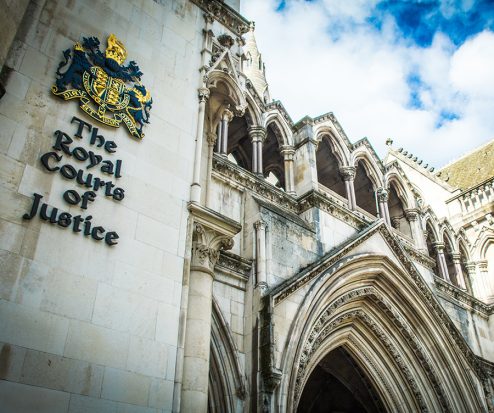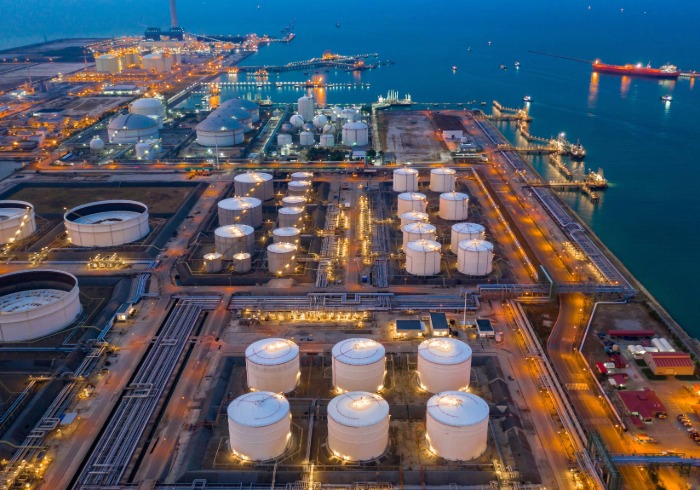Lebanon’s largest bank, Bank Audi, has filed a counterclaim in the UK High Court against the International Finance Corporation (IFC), contesting its obligation to immediately repay a US$234mn debt owed to the World Bank organisation.
The IFC and a debt fund it manages – the IFC Capitalisation Fund – say they are owed for loans provided in 2014, aimed at boosting trade and investment in the Middle East and North Africa.
In late July, they brought a case against Bank Audi in a bid to force repayment of the original US$150mn loan package plus interest.
Bank Audi, which previously said it had “no choice but to vigorously defend itself”, has now submitted its defence in the UK courts and also filed a counterclaim against the IFC and the IFC-managed debt fund.
In its filing, the Lebanese bank elaborates on various rebuttals made in an August statement, emphasising the “subordinated” nature of the loans and a directive from Lebanon’s Central Bank that blocks any repayments to the IFC.
Lebanon has been engulfed in a banking and financial crisis since 2019, during which time the local currency’s value has lost more than 98% of its value and citizens have struggled to withdraw US dollars.
An escalating conflict between Israel and militant group Hezbollah is threatening to deepen the country’s economic woes, with the UN estimating that approximately 1.2 million people have been displaced by an Israeli bombing campaign in recent weeks.
In the court filing, Bank Audi says it must first clear debts with a group of senior creditors, including the European Bank for Reconstruction and Development (EBRD), the European Investment Bank (EIB) and two Luxembourg-based funds, before it can start to repay the IFC.
Before restructuring its debts three years ago, Bank Audi had owed these senior creditors US$154mn. As of August 2024, US$79mn of that amount remains unpaid.
Bank Audi also claims that Lebanon’s Central Bank is blocking it from repaying the debt.
According to the filings, Banque Du Liban (BDL) issued a letter to Bank Audi in April instructing it “not to repay under sums under the loan agreements until such time as a bank restructuring law was passed”.
“In view of the current financial crisis and the legislative vacuum, and in the absence of any clear government plan, and in order to preserve equality between the depositors and all other creditors, and in accordance with the policy of the Central Bank… we inform you that the Central Council held on March 27, 2024, considers that it is no permissible,” the BDL letter reads.
The International Monetary Fund (IMF) has been critical of the Lebanese government’s inability to reform its financial industry, with mission chief Ernesto Rigo labelling the country’s banking sector “impaired” in September 2023.
For years, the IMF has urged Lebanon to restructure its now-insolvent banking sector, which is estimated to have accumulated losses of US$70bn.
But a recovery plan is yet to be introduced and depositors still cannot access their funds. In recent weeks, the former head of Lebanon’s central bank, Riad Salameh, appeared in court on charges of embezzling up to US$42mn of public funds.
Bank Audi’s defence acknowledges that it has not paid interest to the IFC over the past four years as required by the loan agreement.
But the bank denies it had “any obligation to do so” because of a lack of “free profits” due to the banking crisis.
In its counterclaim, Bank Audi says it is seeking for the UK courts to verify its interpretation of the loan contract, for its costs to be covered, and for “such further or other relief as the court may consider appropriate”.
It also says that “in the absence of prior approval” being granted by Lebanon’s Central Bank, the IFC is precluded from taking any steps to recover sums “except by way of insolvency proceedings”.







